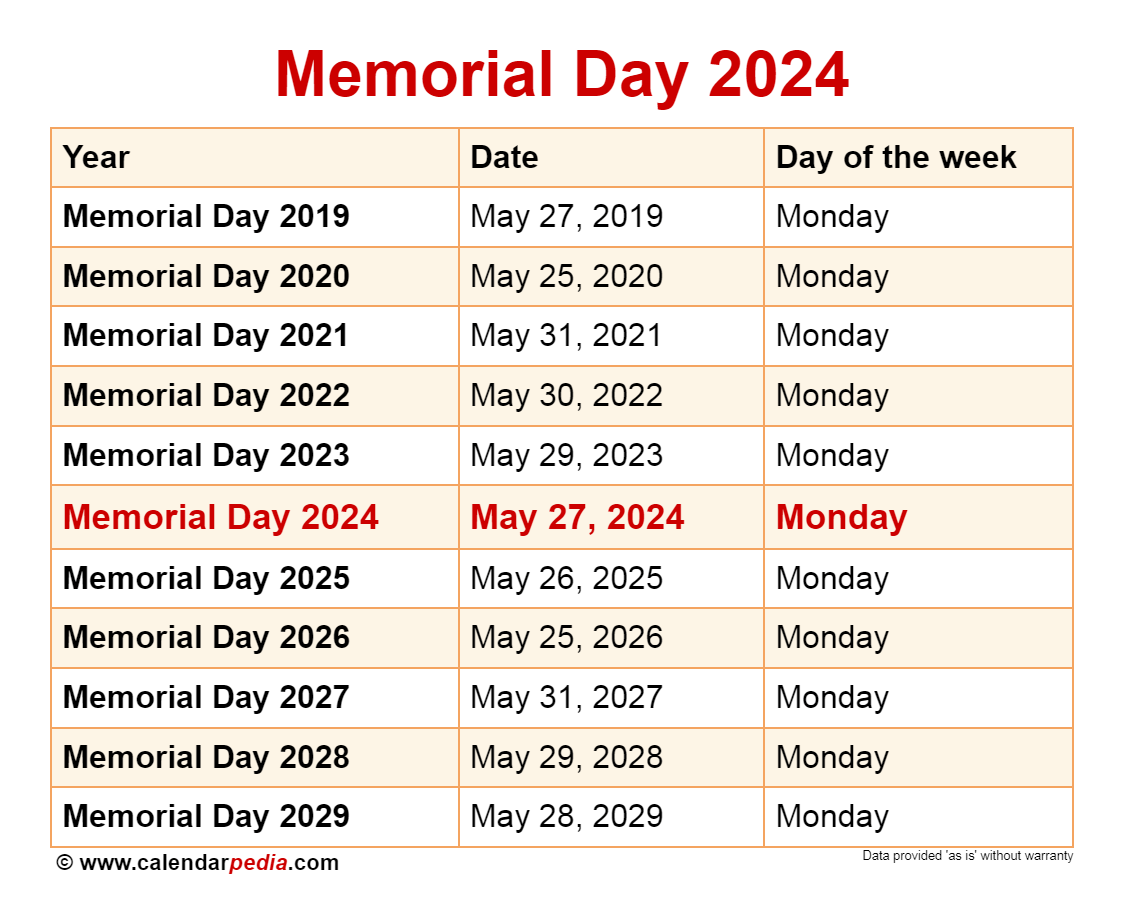Interpreting Flood Alerts: Actionable Steps To Stay Safe

Table of Contents
Understanding Different Types of Flood Alerts
Knowing the difference between various flood alerts is the first step in effective preparedness. Different terms signal different levels of urgency and impending danger. Misinterpreting these alerts can have serious consequences.
-
Flood Watch: A Flood Watch means that conditions are favorable for flooding. Heavy rain is expected, and flooding is possible. This is a time for preparation, not panic. You should monitor the situation closely and be ready to act if conditions worsen. Example phrasing: "Flood Watch in effect for [Area] until [Time]".
-
Flood Warning: A Flood Warning indicates that flooding is happening or is about to happen. This is a serious alert requiring immediate action. Example phrasing: "Flood Warning issued for [Area]. Flooding is occurring or imminent."
-
Flash Flood Warning: A Flash Flood Warning is the most urgent alert. A sudden, rapid, and dangerous flood is happening or is about to happen. Immediate action is critical to ensure safety. Example phrasing: "Flash Flood Warning! A flash flood is imminent. Seek higher ground immediately."
-
Flood Advisory: A Flood Advisory means that flooding is possible in the next few hours, but it's not imminent. This is less urgent than a warning, but it still warrants monitoring the situation and being prepared. Example phrasing: "Flood Advisory in effect for [Area]. Minor flooding is possible."
Locating Your Local Flood Information Sources
Reliable information is paramount during a flood emergency. Relying on a single source can be risky; multiple sources provide redundancy and a more comprehensive picture.
-
Sign up for weather alerts on your smartphone: Most smartphones have built-in weather apps that allow you to customize alerts for your specific location. This delivers real-time warnings directly to you.
-
Monitor local news channels and websites: Local news often provides up-to-the-minute reports on weather conditions and flood alerts specific to your area.
-
Check the National Weather Service website for your region: The NWS is the primary source for weather information in many countries. Their website provides detailed forecasts, alerts, and warnings.
-
Follow your local emergency management agency on social media: Many emergency management agencies use social media to disseminate critical information during emergencies, including flood alerts and evacuation instructions.
Creating a Flood Preparedness Plan
Proactive planning is essential for mitigating the risks associated with flooding. A well-defined plan can save lives and property.
-
Identify flood risks in your area: Understand the flood history of your community and identify areas prone to flooding. This helps you determine your level of risk and prepare accordingly.
-
Develop an evacuation plan and practice it regularly: Plan your escape routes, designate meeting points, and practice your plan regularly, especially with children and the elderly. Knowing your escape route ahead of time is critical.
-
Locate important documents and keep them in a waterproof container: Gather essential documents like insurance policies, identification, and medical records. Store them in a waterproof container for easy access during an emergency.
-
Elevate valuable possessions: Move valuable items to higher levels of your home to prevent damage from floodwaters.
-
Purchase flood insurance, if available: Flood insurance can protect your financial assets in the event of a flood. Check with your insurance provider to understand your coverage.
Responding to a Flood Alert: Immediate Actions
Your response to a flood alert depends on the type of alert issued. Speed and decisive action are crucial when a warning is issued.
-
If a Flood Watch is issued: Monitor the situation closely and continue your preparations. Gather essential items and stay informed about any changes in the forecast.
-
If a Flood Warning is issued: Evacuate immediately if instructed by authorities. Do not delay; time is of the essence.
-
Never drive through floodwaters: Floodwaters can be deceptively deep and swift, even a few inches of water can sweep a car away.
-
Stay away from floodwaters: Floodwaters can be electrically charged and contaminated with sewage and other hazardous materials.
-
Turn off utilities if instructed: Turning off gas, electricity, and water can prevent further damage and hazards.
Post-Flood Actions and Recovery
After the floodwaters recede, there are crucial steps to take for safety and recovery.
-
Avoid floodwaters until they recede completely: Floodwaters can remain contaminated and dangerous long after the storm passes.
-
Check for structural damage: Assess your home for damage and report any significant problems to the relevant authorities.
-
Contact insurance and relevant authorities: Report flood damage to your insurance company and local authorities for assistance.
-
Document flood damage with photographs: Take photos of the damage as evidence for insurance claims.
Conclusion
Interpreting flood alerts correctly and taking appropriate action is critical for protecting lives and property. Remember, preparedness is key. By understanding different alert levels, identifying reliable information sources, creating a comprehensive flood preparedness plan, and taking swift action when a threat arises, you can significantly reduce your risk. Don't wait for a flood warning; create your personal flood preparedness plan and stay informed about local flood alerts using multiple information sources. Learn how to effectively interpret flood alerts to keep yourself and your loved ones safe. Don't wait; prepare for flood safety today!

Featured Posts
-
 Tariffs Overshadow G7 Finance Ministers Meeting Conclusion
May 25, 2025
Tariffs Overshadow G7 Finance Ministers Meeting Conclusion
May 25, 2025 -
 Flying During Memorial Day 2025 Your Guide To The Busiest Travel Days
May 25, 2025
Flying During Memorial Day 2025 Your Guide To The Busiest Travel Days
May 25, 2025 -
 Innokentiy Smoktunovskiy Dokumentalniy Film K Ego 100 Letiyu
May 25, 2025
Innokentiy Smoktunovskiy Dokumentalniy Film K Ego 100 Letiyu
May 25, 2025 -
 2023 Porsche Macan Buyers Guide A Comprehensive Overview
May 25, 2025
2023 Porsche Macan Buyers Guide A Comprehensive Overview
May 25, 2025 -
 Dazi Usa E Prezzi Abbigliamento Guida Completa Per Consumatori
May 25, 2025
Dazi Usa E Prezzi Abbigliamento Guida Completa Per Consumatori
May 25, 2025
Latest Posts
-
 Atletico Madrid In 3 Maclik Durgunlugun Sonu
May 25, 2025
Atletico Madrid In 3 Maclik Durgunlugun Sonu
May 25, 2025 -
 3 Maclik Bekleyisin Ardindan Atletico Madrid In Zafere Ulasmasi
May 25, 2025
3 Maclik Bekleyisin Ardindan Atletico Madrid In Zafere Ulasmasi
May 25, 2025 -
 Atletico Madrid 3 Maclik Kara Seri Sonlandi
May 25, 2025
Atletico Madrid 3 Maclik Kara Seri Sonlandi
May 25, 2025 -
 Atletico Madrid In 3 Maclik Yenilmezlik Serisi
May 25, 2025
Atletico Madrid In 3 Maclik Yenilmezlik Serisi
May 25, 2025 -
 Atletico Madrid In 3 Maclik Hasreti Zaferle Son Buldu
May 25, 2025
Atletico Madrid In 3 Maclik Hasreti Zaferle Son Buldu
May 25, 2025
